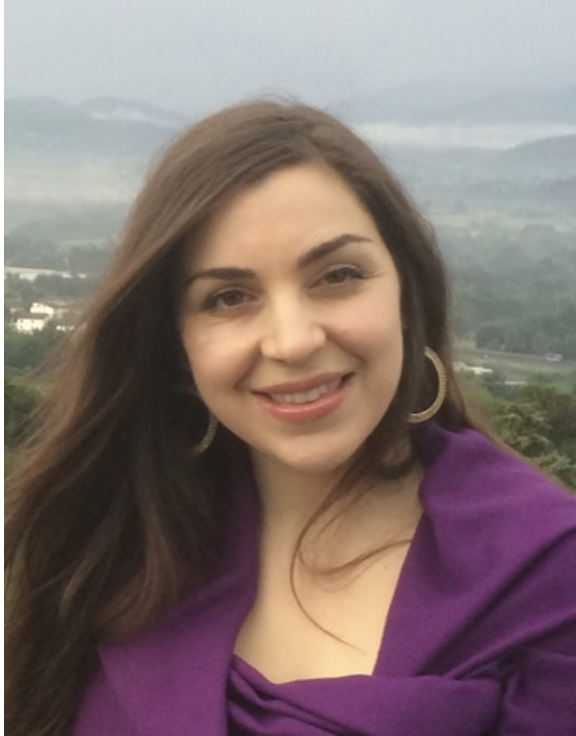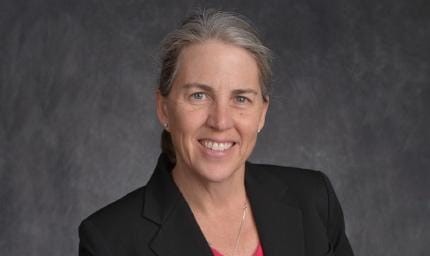European Engineering Educators podcast: season 1 episode 4: Jan van de Veen from TUE discusses interdisciplinary…
European Engineering Educators podcast: season 1 episode 3:
Emanuela Tilley from UCL discusses teamwork with Neil Cooke and Natalie Wint
In this episode, our guest is Professor Emanuela Tilley, who is currently a Board Director at SEFI and Director of the Integrated Engineering Programme, a teaching framework embedded in the learning experiences of undergraduate students across Engineering at University College London. Emanuela’s approach is informed by both her own experiences of problem-based, authentic learning and her time as an engineering project consultant working in interdisciplinary teams in the built environment.

Link to the podcast:
Background
Emanuela believes that good teamwork can take place when students understand themselves and are able to balance their individual and shared interests. She describes the need for staff to start by providing operational tools, for example, support in time management and organization skills, before moving onto psychological issues such as trust. Emanuela explains that the use of the Gallup CliftonStrengths tools has helped students to understand the role they play in teamwork and to appreciate the benefit of working within a diverse group.
Teamwork is often an area that challenges educators and their students, something which is typically highlighted in discussions pertaining to its assessment. Yet teamwork is an essential skill for engineers throughout their careers. New graduates can contribute small but critical aspects to larger teams’ projects, and so need to understand the part they play and how they can navigate relationships within a team. More experienced engineers may take leading roles and need a skillset that allows them to create cohesive teams that will produce the most successful outcomes.
Good, strong teams have a common commitment towards their goals and the success of the entire team. This is achieved through aligning motivation, clear communication, and the giving and receipt of high-quality feedback alongside a common understanding of good leadership, respect for differences, and clarity of accountability. But how can we nurture these skills in students and then assess them in order to allocate marks that contribute appropriately to their final grades?
The remainder of this article will summarise the key discussion points which you might like to bring into your own context:
Teamwork requires a mixture of competencies, attributes and skills
These include commitment, motivation, interpersonal skills, providing and receiving constructive feedback, leadership, and accountability. Skills such as time management and organization are often easier to operationalize (for example by minuting meetings and having project plans). It is less common for attributes including self-awareness, resilience, and flexibility to be facilitated and supported and thus more difficult to develop.
Students should be encouraged to draw upon their strengths
The programme that is run at UCL provides students with both the tools and vocabulary needed to help them identify, explore, utilise and develop their personal strengths. The Gallup CliftonStength tool is introduced and explored to help students understand the type of engineering activity they enjoy and are suited to, and to define their roles and responsibilities within a team. Becoming more self-aware allows them to build mutual respect and appreciate the role of team diversity.
Peer-assessment can help develop accountability
One of the most common issues for both students and staff is the assessment of team projects. In some cases, team members may avoid contributing their share of the work and rely on ‘freeloading’ (Oakley, Relder, Brent, & Elhajj, 2004). Team theory suggests that teams need autonomy and thus should design their own criteria for success (Hayes, 2002; Katzenbach and Smith, 1993). Peer feedback can be based on a contract the team produce at the start of the project and the results can signal issues to staff, for example the existence of power dynamics.
Psychological safety facilitates effective teamwork
Trust helps foster the risk taking, innovation and creativity needed of successful engineering teams. However, this degree of safety is normally only experienced in the later years of an undergraduate degree, after students have developed the skills needed to make use of operational tools.
Resources
Oakley B, Relder RM, Brent R, Elhajj I (2004) ‘Turning Student Groups into Effective Teams’ Journal of Student Centred Learning 2: 9-34
Hayes N (2002) Managing Teams: A Strategy for Success London. Thomson
Katzenbach and Smith (1993) The Wisdom of Teams Boston. McKinsey and Company Inc
For more information about the use of Gallup CliftonStrengths:
Peters, J & Direito, Inês & Roach, Kate & Tilley, Emanuela. (2019). Designing inclusive approaches in intensive team-based engineering learning environments. International Journal of Gender, Science and Technology. 11.
Direito_OA_IJGST_640-4405-1-PB.pdf (ucl.ac.uk)
For more information about the use of peer feedback/assessment during teamwork:
Roach, K; Smith, MS; Marie, J; Tilley, E; Mitchell, J; (2017) How Student Generated Peer-Assessment Rubrics use Affective Criteria to Evaluate Teamwork. In: Proceedings of the 45th SEFI Conference. European Society for Engineering Education (SEFI): Azores, Portugal
Microsoft Word – SEFI2017 FINAL 163.docx (ucl.ac.uk)
For more information about the IEP:
Mitchell, John & Nyamapfene, Abel & Roach, Kate & Tilley, Emanuela. (2019). Philosophies and pedagogies that shape an integrated engineering programme. Higher Education Pedagogies. 4. 180-196. 10.1080/23752696.2018.1507624.
Mitchell, John & Nyamapfene, Abel & Roach, Kate & Tilley, Emanuela. (2019). Faculty wide curriculum reform: the integrated engineering programme. European Journal of Engineering Education. 46. 1-19. 10.1080/03043797.2019.1593324.
Mitchell, John & Tilley, Emanuela. (2017). The formation of an engineer: A view on the engineering curriculum.
S. Bains, J. E. Mitchell, A. Nyamapfene and E. Tilley, “Work in progress: Multi-disciplinary curriculum review of engineering education. UCL’s integrated engineering programme,” 2015 IEEE Global Engineering Education Conference (EDUCON), 2015, pp. 844-846, doi: 10.1109/EDUCON.2015.7096070.
Natalie and Neil would like to thank Dr Jennifer Griffiths of UCL for contributing to this article and providing creative input for this episode.


